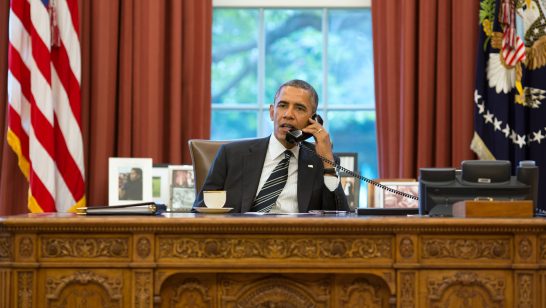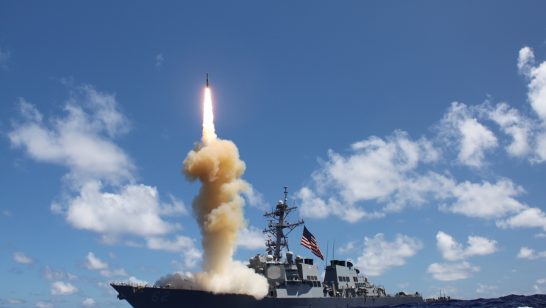
The Russian intervention in Syria has created serious problems for the West. This has been hailed in Russia as evidence of it regaining global player status and another victory in its rivalry with the United States. Indeed, it will now be almost impossible to introduce a no-fly zone in the North of Syria, a move under consideration in the West and expected by moderate anti-Assad forces, because it is difficult to assume that Russia would comply. Air operations led by the US and other allies will also be more challenging because of the presence of Russian planes in Syrian airspace. The situation facing moderate anti-Assad forces will be more difficult because they are the main target of the Russian air (and possibly land) attacks.
But in the long run, will Syria be a clear win for Russia? There are strong indications that the outcome could be less positive than Russian media would want us to believe.
Firstly, Russia will not be able to confine itself to the protection of its Syrian facilities. Sooner or later it will be necessary at least to be engaged in securing a land corridor linking the coastal region, where the Russian bases are located, with Damascus.
Secondly, by creating an alliance with Assad, Iran and Iraq, Russia triggers a sharp conflict with the Arab Gulf States, starting with Saudi Arabia. It will now be impossible, for example, to persuade these countries to join Russia in a fight for higher gas and oil prices.
Thirdly, by joining forces with countries supporting one side of the civil war, Russia will be exposed to religiously-motivated terrorist revenge attacks from Russian citizens of Sunni conviction, such as the Chechens and others who may receive tacit support from the Gulf States.
Finally, the question arises, how much this intervention is going to cost? The US spends 8 million USD per day on their air campaign alone, using bases in Turkey. Russian costs could be significantly higher. Can the Russian budget meet the costs when it is already under strain from low oil and gas prices, sanctions and the cost of supporting separatists in Eastern Ukraine?
Moreover, what about casualties? An air campaign is, in a way, rather safe in today’s Syrian environment, but what about Russian ground troops? It does not seem as though the Russian public would be ready to accept body bags once again coming back from a rather exotic country. The Afghan trauma has not completely vanished yet.
It seems as if Putin’s main goal in Syria is to prop up the Assad regime by eliminating or marginalizing more moderate pro-Western anti Assad forces. For Putin’s Russia, this could have a tremendous psychological impact as it would be presented as yet another US defeat. Moreover, it would polarize the political scene in Syria because there will be only two major players in the war theater: ISIL on the one side, and Assad with Russia on the other. So if the US and its allies would like to continue with the policy of containing ISIL, they would need to join Assad and Russia, on their terms.
This goal seems very hard to attain. Russia will more likely have to settle for minimal set of goals: the creation of a new political entity entailing the coastal Alawite-dominated region, linked on the ground with Damascus and its surrounding area. This would allow saving Assad not as a ruler of all Syria, but of a new small state which could be palatable to the US, France and others. It would also show all of Putin’s autocratic friends that Russia is a reliable and efficient guarantor of their safety and well-being.
Whatever scenario will be pursued, it will certainly require gradual commitment of more and more Russian forces. It would be unrealistic to expect results quickly, and it would be impossible to keep even a tacit acquiescence of Russian people forever. So, for Putin it will be a must to find other areas of political offensive. This could be an intrusion into the Crimean seabed in the Black Sea, showing that the annexation of the peninsula is final. The other area could be the Arctic.
These are the most realistic scenarios but, unfortunately, not the only ones possible. Let us hope that a new way of political thinking will prevail in Moscow and that the Russians will realize that the greatness of every country is not based on fear and territorial gains but on international respect and strength of its culture and economy. Confrontation with the West does not serve Russia’s long standing strategic interests.
The opinions articulated above represent the views of the author(s), and do not necessarily reflect the position of the European Leadership Network or any of its members. The ELN’s aim is to encourage debates that will help develop Europe’s capacity to address the pressing foreign, defence, and security policy challenges of our time.



